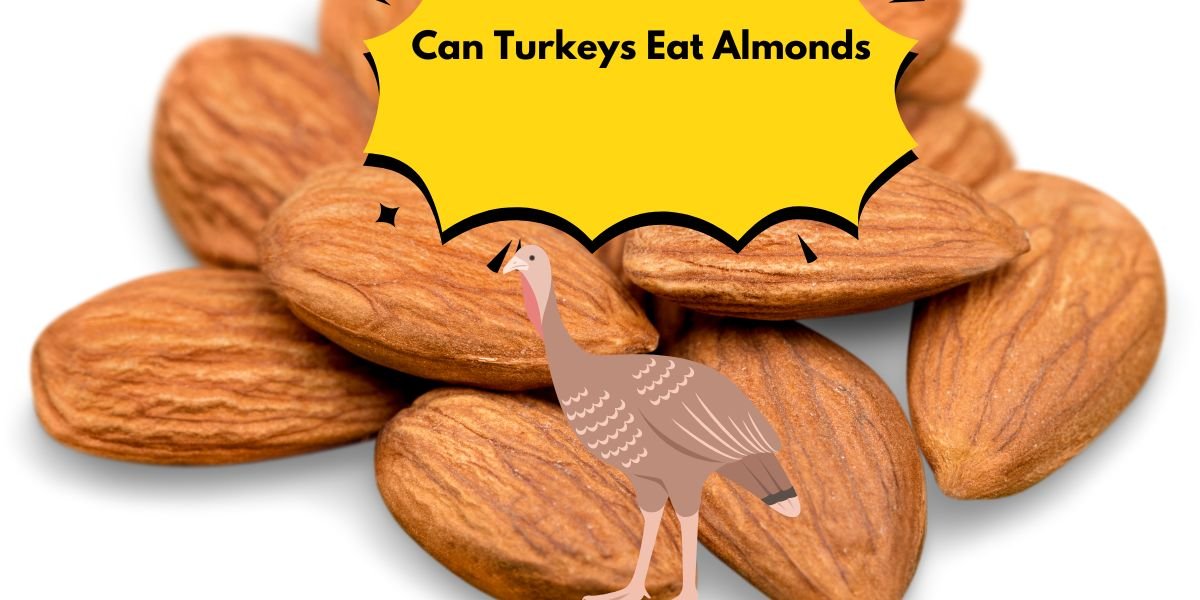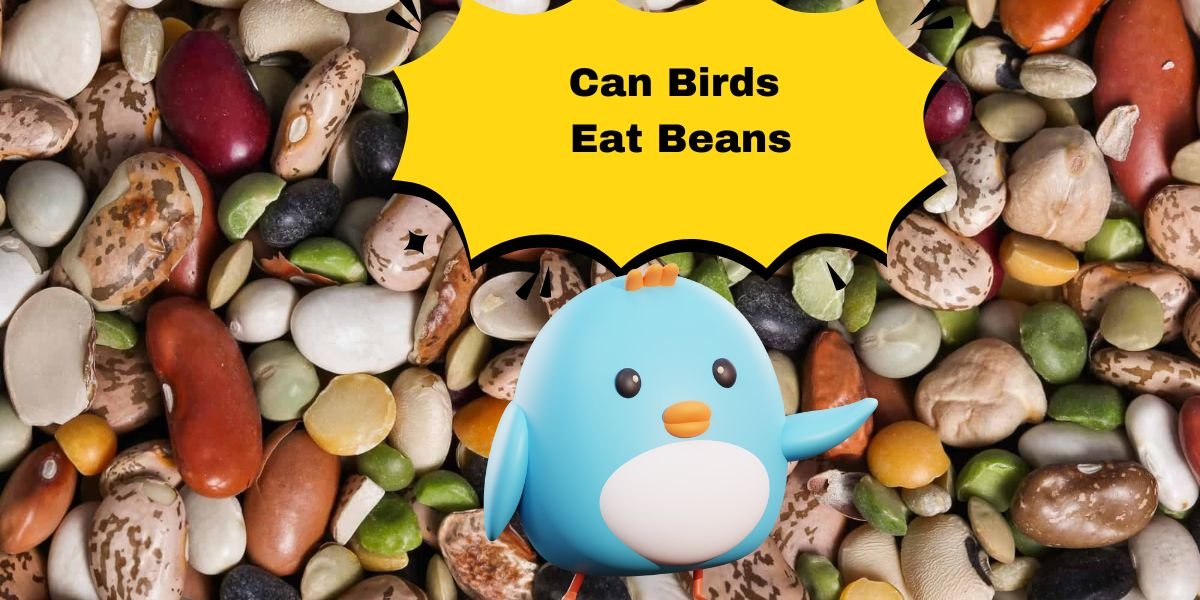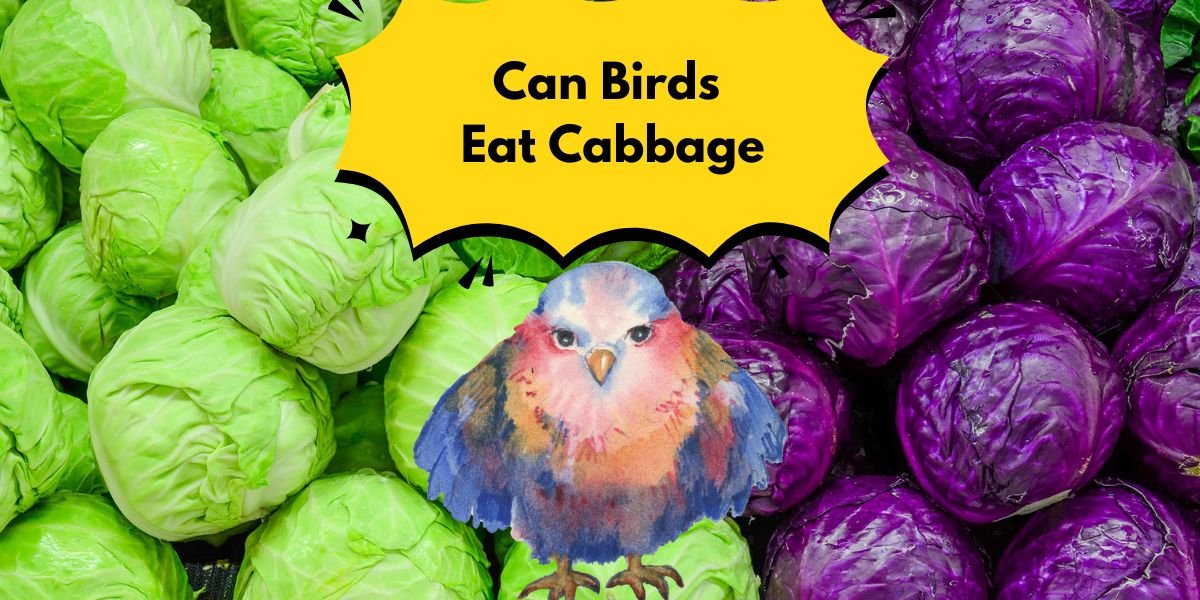Can Turkeys Eat Almonds? A Complete Guide for Poultry Owners
If you’re raising turkeys, you may often wonder about safe and nutritious food options beyond their regular feed. One common question poultry keepers ask is: can turkeys eat almonds? Almonds are popular for their rich taste and high nutritional value for humans, but when it comes to feeding them to turkeys, there are specific considerations to keep in mind.
Not all foods that are safe for humans are equally safe for poultry. This article will cover the importance of almonds in a turkey’s diet, their advantages, disadvantages, feeding tips, and frequently asked questions.
The Importance of Diet Variety in Turkeys
Turkeys require a well-balanced diet to support growth, feather health, immunity, and egg production. While commercial poultry feed covers most of their nutritional needs, supplementing their diet with safe natural foods such as fruits, vegetables, grains, and nuts can enhance their overall well-being.
Almonds, being nutrient-dense, can provide essential fats, protein, and minerals. However, it is crucial to understand how much is safe and whether turkeys can digest them properly.
Can Turkeys Eat Almonds?
Yes, turkeys can eat almonds in moderation. Almonds are not toxic to turkeys and can be offered as a treat. They provide healthy fats, protein, fiber, and several vitamins. However, almonds should never replace a turkey’s primary diet, and they must be prepared properly to avoid digestion issues.
Nutritional Value of Almonds for Turkeys
Almonds are packed with nutrients that can benefit turkeys when fed sparingly. Here’s a quick breakdown:
- Protein: Supports muscle development and growth.
- Healthy fats (Omega-3 & Omega-6): Provide energy and aid in feather health.
- Fiber: Improves digestion.
- Vitamin E: Boosts immunity and skin health.
- Magnesium & Calcium: Strengthen bones and overall health.
- Antioxidants: Protect against cell damage.
Types of Almonds for Turkeys
1. Raw Almonds
- Safe for turkeys if unsalted and plain.
- Should be chopped or crushed to make them easier to digest.
2. Roasted Almonds
- Can be given occasionally, but only if unsalted and unseasoned.
- Avoid flavored or spiced almonds as they may contain harmful ingredients.
3. Almond Meal or Powder
- A safer option since it is easier to digest.
- Can be sprinkled lightly over their feed.
4. Almond Butter
- Not recommended, as it often contains added sugar, oil, and salt.
Advantages of Feeding Almonds to Turkeys
1. Rich Source of Energy
The healthy fats in almonds provide turkeys with quick energy, which is especially useful for free-range turkeys.
2. Enhances Feather Quality
The fatty acids and vitamin E in almonds contribute to shinier and stronger feathers.
3. Supports Growth and Immunity
Protein and minerals in almonds strengthen muscles and boost immunity.
4. Natural Antioxidants
Almonds contain antioxidants that help protect turkeys from stress and illnesses.
5. Variety in Diet
Almonds add diversity, making meals more enjoyable for turkeys.
Disadvantages of Feeding Almonds to Turkeys
1. High Fat Content
Too many almonds can cause weight gain and obesity in turkeys.
2. Risk of Choking
Whole almonds may be difficult to swallow, leading to choking hazards.
3. Digestive Issues
Overfeeding may cause diarrhea or indigestion due to their high fat and fiber content.
4. Risk of Salt and Seasoning
Store-bought roasted almonds are often salted or flavored, which can be harmful to turkeys.
5. Cost Factor
Almonds are expensive compared to other feed supplements.
Safe Feeding Guidelines
How Much Almond Can Turkeys Eat?
- Treats like almonds should make up no more than 5–10% of a turkey’s diet.
- Offer 1–2 crushed almonds occasionally as a treat, not daily.
Preparation Tips
- Always use unsalted, plain almonds.
- Chop or crush almonds before feeding.
- Mix small amounts with their regular feed.
- Avoid flavored or sweetened varieties.
Alternatives to Almonds for Turkeys
If you’re unsure about feeding almonds frequently, here are some healthier and cost-effective alternatives:
- Pumpkin seeds – rich in protein and easier to digest.
- Sunflower seeds – a safe and nutritious snack.
- Oats and grains – excellent energy sources.
- Fruits like apples, berries, and melons – natural vitamins and hydration.
- Vegetables such as spinach, kale, and carrots – fiber and minerals.
Conclusion
So, can turkeys eat almonds? Yes, they can, but only in moderation and with proper preparation. Almonds offer protein, healthy fats, and vitamins that can benefit turkeys, but overfeeding can lead to digestive issues and obesity. Poultry owners should always prioritize a balanced diet based on commercial turkey feed and use almonds only as an occasional treat.
Frequently Asked Questions (FAQs)
1. Are almonds toxic to turkeys?
No, almonds are not toxic to turkeys if fed in moderation and in their natural form (unsalted and unflavored).
2. Can baby turkeys (poults) eat almonds?
No, poults should not be given almonds as their digestive system is not mature enough to process nuts.
3. Can turkeys eat salted or flavored almonds?
No, salted, spiced, or sweetened almonds can be harmful to turkeys.
4. How often should I feed almonds to turkeys?
Almonds should be given occasionally as a treat, not a daily food source.
5. What is the best way to serve almonds to turkeys?
Crushed or ground almonds mixed with their regular feed are the safest option.







